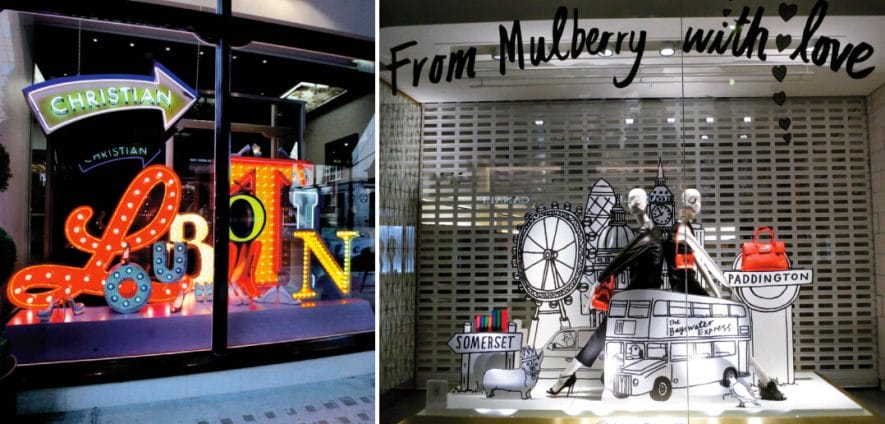One of the very first brands being immediately affected by Brexit effects is Christian Louboutin. As reported by This is Money, a British financial portal, at the end of the financial year (on 31 August 2017), the profits of the brand, renowned for the red sole, dropped from 5,8 million pounds down to 1,1 million pounds (that is, from 6,60 million euros down to 1,25 million euros approximately). Higher costs, rather than sales, mostly drove such remarkable collapse. In fact, sell out business increased by 0,3%, therefore going up to 52,7 million pounds (around 60 million euros). Louboutin UK top managers announced that “they are happy, anyway, about the brand performance over the year and the financial situation as well, since the business scenario in the United Kingdom has been getting very complicated”. It is no coincidence that gross profits, achieved by Louboutin’s London branch, reached 20 million pounds (about 22,75 million euros), which means 38% of the overall turnover compared to 47% in the year before. “This outcome also includes the effects of currency devaluation after Brexit, which led to rising purchase costs”. The same goes for Mulberry. According to Reuters agency, in the first 10 weeks of the new business year (that is, April, May and mid-June), domestic sales carried out by the British fashion brand dropped by 9% at least. Supposedly, tourists, who have been spending less, are accountable for that, most of all. As for potential solutions, Mulberry’s board of directors pointed out, allegedly: “We are going to invest in retail sales, while aiming to expand considerably in China and Japan especially…”.
Brexit pains: in London Louboutin’s profits decrease, owing to higher costs; the same goes for Mulberry, since tourists spend less











